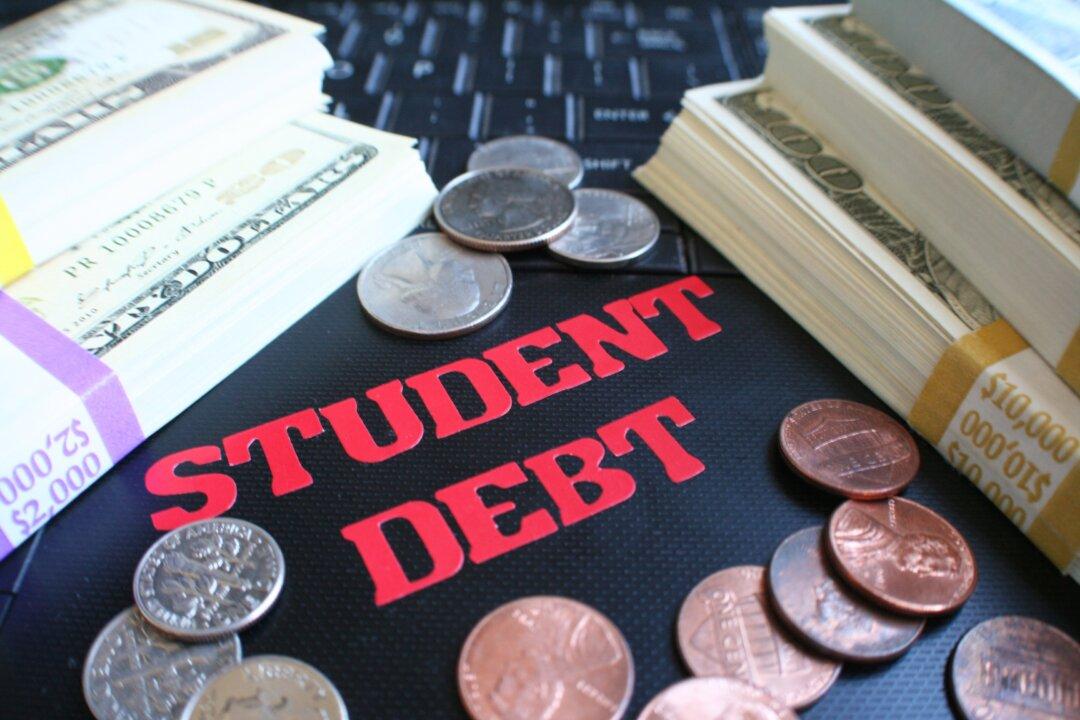Once again, some student loan debt has been forgiven, and an extension was given on making required loan repayments. President Joe Biden and Vice President Kamala Harris, along with the U.S. Department of Education, announced on Aug. 24 that they have developed and implemented the Student Loan Debt Relief Plan to allow borrowers with student loan debt to breathe a little easier. Questions about the plan have some wondering how it will affect their taxes.
President Biden ran for office with the promise that he would do something about student debt. Now, something has been done about it.






